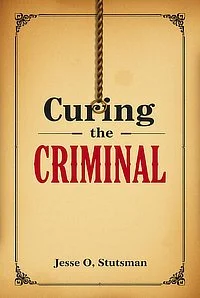By Joshua D. Freilich and Graeme R. Newman
The first series of the International Library of Criminology, Criminal Justice and Penology has established itself as a major research resource by bringing together the most significant journal essays in contemporary criminology, criminal justice and penology. The series made available to researchers, teachers and students an extensive range of essays which are indispensable for obtaining an overview of the latest theories and findings in this fast changing subject. Indeed the rapid growth of interesting scholarly work in the field has created a demand for a second series which like the first consists of volumes dealing with criminological schools and theories as well as with approaches to particular areas of crime criminal justice and penology. Each volume is edited by a recognised authority who has selected twenty or so of the best journal articles in the field of their special competence and provided an informative introduction giving a summary of the field and the relevance of the articles chosen. The original pagination is retained for ease of reference. The difficulties of keeping on top of the steadily growing literature in criminology are complicated by the many disciplines from which its theories and findings are drawn (sociology, law, sociology of law, psychology, psychiatry, philosophy and economics are the most obvious). The development of new specialisms with their own journals (policing, victimology, mediation) as well as the debates between rival schools of thought (feminist criminology, left realism, critical criminology, abolitionism etc.) make necessary overviews that offer syntheses of the state of the art.
Ashgate, 2007, 510p.





















